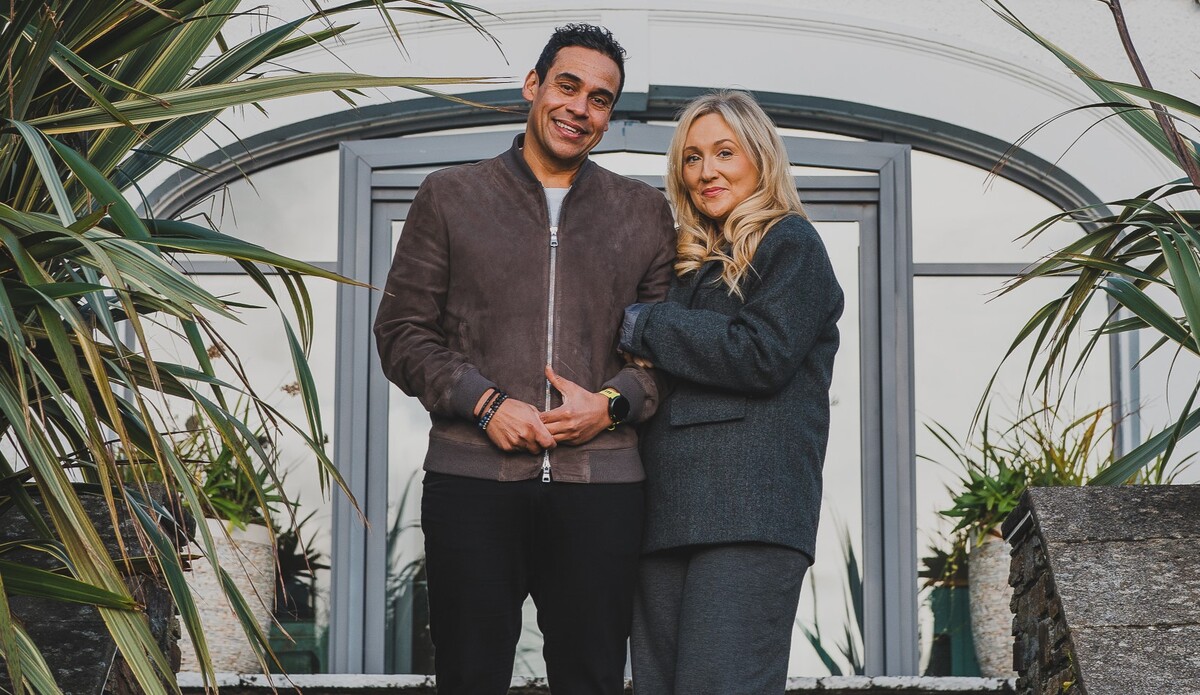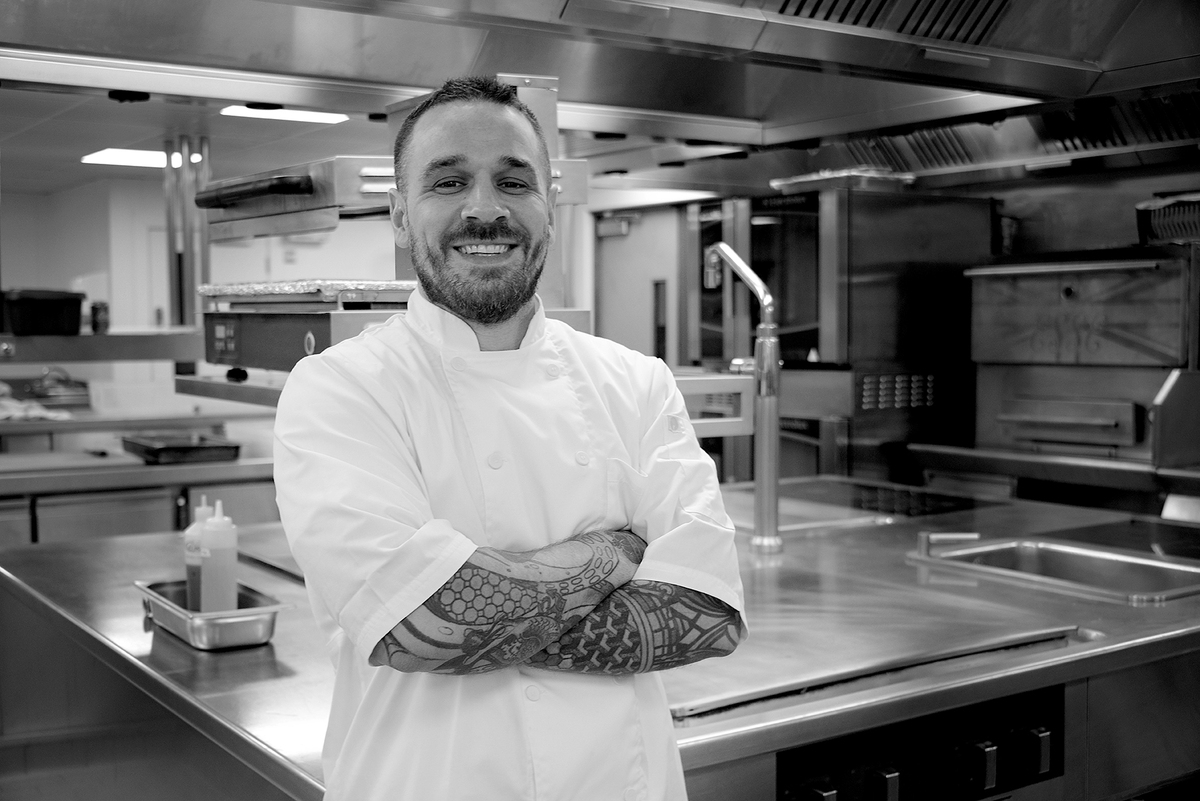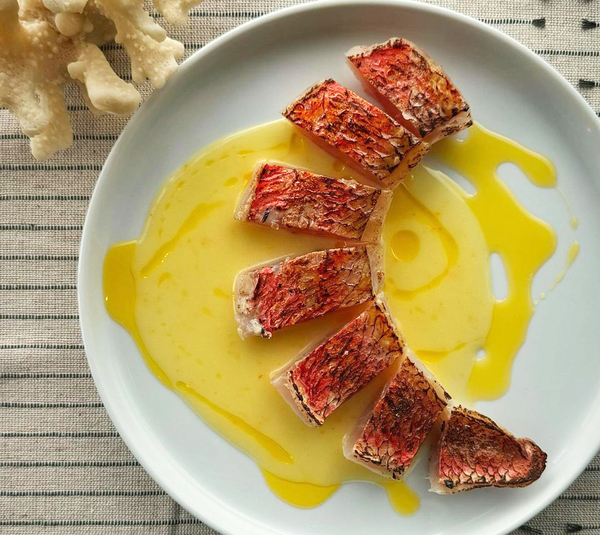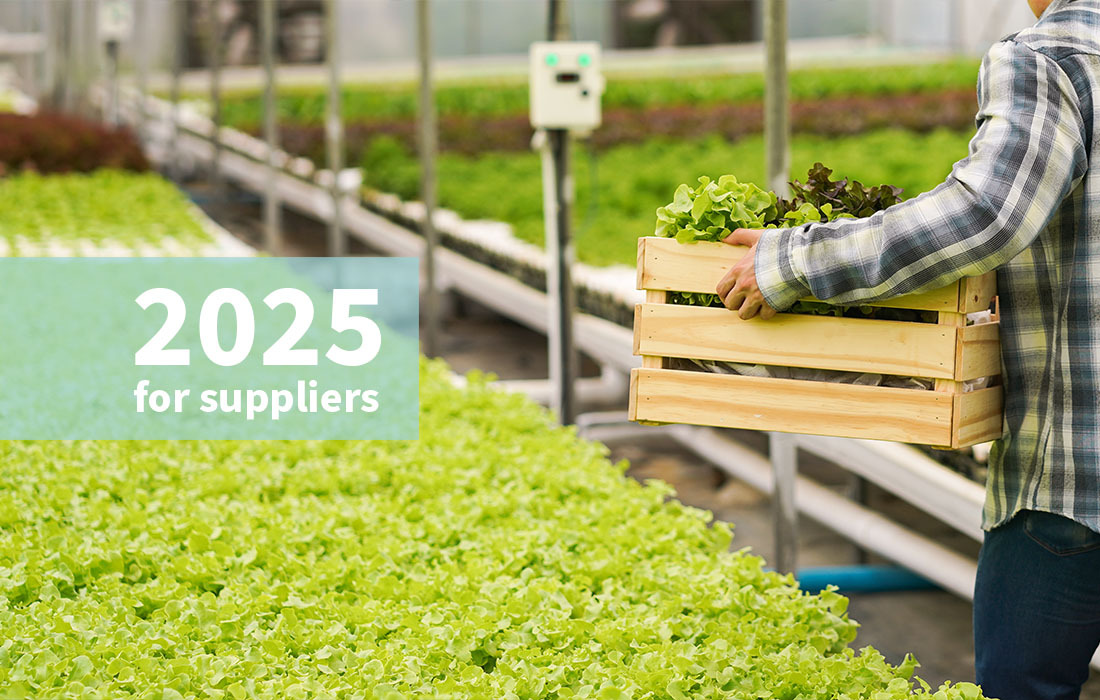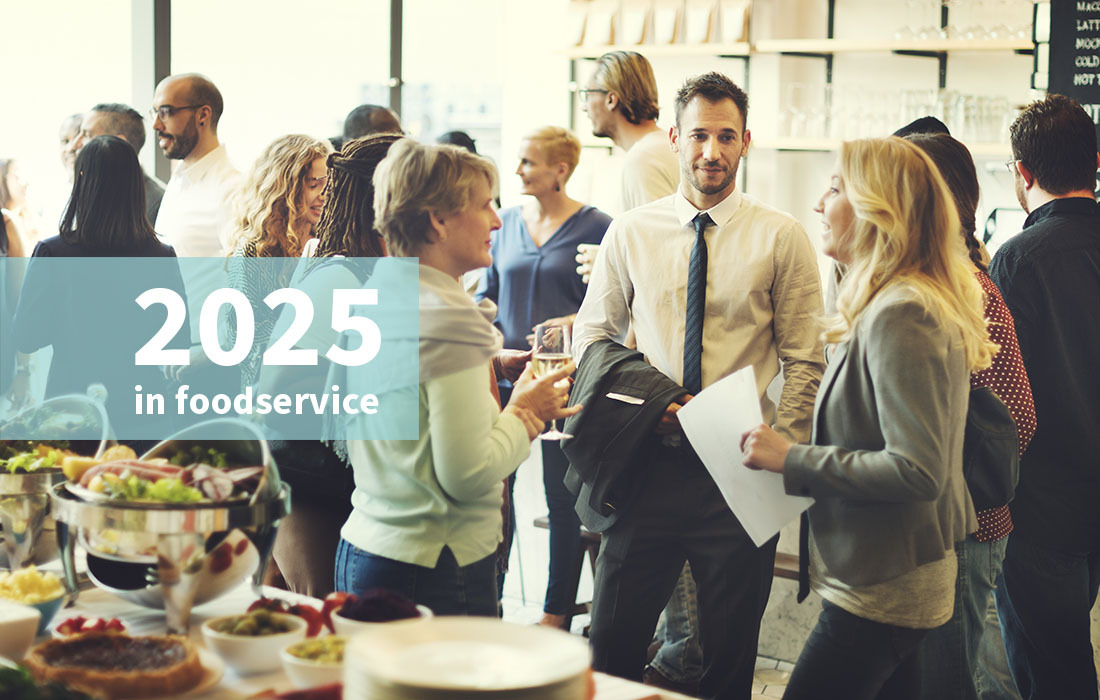Technology Prospectus 2019: Online Booking Tools
Online booking tools have become a vital part of business, but many are not making the most of the technology at their fingertips. Rosalind Mullen reports
Online booking systems have been around for a while and without one your hotel could probably kiss goodbye to a whole tranche of reservations. In fact, even the smallest hotels can no longer compete without this handy bit of increasingly sophisticated technology.
It's a given that these days you expect your online booking system to be easy to use by staff and guests alike, as well as being mobile-friendly and able to provide seamless connectivity with third-party portals such as Expedia and Booking.com, in addition to meta-search channels.
Finally, to clinch those direct bookings, it will need a smooth, simple payment
process and a great website â" some 60% of people are put off if they have to phone or email, so your website needs to have strong photos, clear descriptions, user reviews and reasons to book direct.
UP CLOSE AND PERSONAL
Whatâs interesting is that booking technology suppliers are increasingly responding to the fact the hospitality industry is built on the principle of providing great personal service to every guest. With the majority of booking decisions now made online, both sides recognise that it is vital that personal service, which would previously have been provided by well-trained staff, is translated to a hotelâs digital presence. Not least, it helps to encourage guests to book direct rather than through OTAs.
Personalisation is key to Avvioâs AI booking engine, Allora. âAllora uses artificial intelligence and a powerful recommender engine. This means when a visitor is visiting your propertyâs website, it will understand their particular wants and needs and customise what they see, rather than showing something generic. [It removes] that one-size-fits-all version of the site and booking engine,â says Michael De Jongh, chief commercial officer at the hotel tech provider.
Lack of personalisation is one reason why some experts believe âbook nowâ buttons have had their day â" previously they were considered a must-have for effective hotel websites, aimed at driving higher conversion rates and more direct bookings.
Avvioâs co-founder and chief executive Frank Reeves, says: âNow that technology
has advanced to a point where artificial intelligence can track, learn from and adapt to customer behaviour, hotel websites should take a more tailored approach to convert website visitors into customers.â
Reeves argues that a âbook nowâ button has nothing personal about it. At best, it simply makes clear where the potential guest should go if, having looked through the website, they decide to reserve a room. At worst, it can act as a frustrating barrier to a potential guest accessing the information they want in order
to make a booking decision.
âThe âbook nowâ button is symptomatic of hotel websites that are nothing more than online versions of marketing brochures with a booking engine attached,â he says. âThatâs not to say the âbook nowâ button is redundant, but technology has moved on and websites should now be customised to suit each individual visitorâs needs, proactively providing them with the relevant information and not simply pressuring them to book.â
To give an example, he says the majority of bookings arenât made on the first visit to a hotelâs website and, in addition, customers will often revisit the websites of hotels with which they already have a reservation in search of information.
âAI technology can identify that these customers shouldnât be bombarded
with âbook nowâ buttons and hotels need to adjust their messaging accordingly,â he says.
The sophistication of online content cannot be ignored. With Google, Facebook, TripAdvisor and many more curating their content and recommendations to each userâs specific interests and behaviour, todayâs consumers increasingly expect companies to understand them and serve up the information they want, removing the need to sift through hundreds of websites to compare details. Faced with an overload of options and information online, many people can become overwhelmed and simply give up the search, which is why carefully curated content is so important.
This is already being seen in other industries. Pepijn Rijvers, chief marketing officer of Booking.com, has revealed that 50% of online retail giant Alibabaâs turnover last year was generated through personalised promotions, and only a small volume came through search.
âE-commerce giants and OTAs adopted this approach early, tailoring everything that appears on screen according to what their system thinks the user wants to see,â says Reeves.
âHotel websites still have some catching up to do. They must move away from providing passive PDF-style websites to become interactive, tailored platforms, serving up helpful information to guide the visitor through the booking with what they want, when they want it.â
He adds: âHotel websites should answer guest questions, offer additional relevant services and information and pre-empt further queries. They should be the digital equivalent of a knowledgeable and well-trained travel agent working with a client.â
Building rapport with guests has traditionally been easy for small hoteliers, but
booking systems have detracted from the personal touch. In the past few years, however, they have had access to booking systems with personalisation tools.
Eviivoâs all-in-one booking suite for independent properties, for instance, includes a set of guest communication tools to send pre- and post-stay personalised emails. âWelcomeâ emails can be scheduled to go out, say, 10 days before the guestâs arrival to provide information about directions and so on.
The post-stay âthank you for stayingâ email prompts them to upload a review on TripAdvisor or the website and to book direct next time.
âThese new tools allow [operators] to engage on a more personal basis,â says business development director Ian Hardwick.â
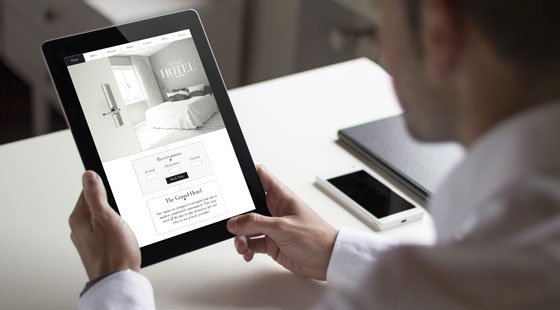
The system also helps small hotels to build guest loyalty through a promo tool that offers repeat guests a voucher code. âBig hotels do this and we are enabling small hotels to do the same,â says Hardwick. âWe give them control and entice their guests to build rapport and book direct. If you engage before they arrive, exceed expectations and get a good review, others will know where to find you and book direct.â
In fact, one of its aims is to drive direct bookings by collecting data on guest preferences for use in direct marketing. âIt is all about personalisation,â says Hardwick.
BUILD IT AND THEY WILL COME
Creating a relationship with guests before they arrive, or encouraging them to return and book direct, can also help with no-shows. This can be an issue, as guests have been able to book several hotel options for one date on OTAs without having to pay cancellation fees.
A good booking system that streamlines credit and debit card pre-authorisation and manages outstanding payments can be programmed to automatically take a deposit 24 hours before the guest arrives. This helps minimise the financial impact of cancellations, which particularly hurts small hotels.
âYou can never stop no-shows, but the card validation tool means the property can contact the guest if a problem is flagged up with the card,â says Hardwick:
âYou can set up a deposit policy and the system will take this off the card, say 24 hours before the guest arrives, with the balance on departure. This way, you know the guest is genuine. You can take a deposit if you wish, and you can offer a different cancellation policy if they book direct. You can make your policies as bespoke as you want.â
As well as speeding up processes, the system also helps small properties to be
seen on the OTA sites alongside big players and encourages smaller operators to learn from the chains and switch from standard pricing year-round to a dynamic pricing approach. Hardwick acknowledges that a small team doing multiple jobs will find it hard to look at pricing on a daily basis, but says the system can be set up at the beginning of the year. âYou need to look as if you are dropping prices in winter, rather than putting them up in summer,â says Hardwick.
Looking ahead, the company is researching integration with Amazon Alexa-enabled devices that will tell you who is checking in, who is checking out, what rooms are available and so on.
âThere has been quite a lot of talk recently about using voice commands to control lights, heating and so on in a hotel room or apartment, and we are developing ways to apply that to managing bookings,â says Hardwick.
View from a restaurant platform: Quandoo
Restaurant reservation platform Quandoo provides more than 17,000 restaurants with booking, table management, payment and EPoS systems. Vice-president of business development, Pierpaolo Zollo, updates us on the latest trends.
How is technology helping restaurants to meet todayâs challenges?
â- Frictionless payments are trending. PizzaExpress and Wagamama have launched new apps and soon there will be Quandoo Check Out. Todayâs customers are looking for efficiency when dining out, so we want to help our restaurants provide a fast, easy and secure payment experience. Using technology that not all restaurants would be able to implement independently, we can shorten the payment process which, on average, adds about 12 minutes onto a dinerâs visit. Weâre working hard to develop this platform and are hoping to launch soon.
â- Innovative chatbots and IVR Interaction between customers and reservation
platforms is vital â" bookings need to feel easy, but also personal. We want hospitality to extend beyond the restaurant itself, so Quandoo is developing the first chatbot to help diners to make reservations as well as Interactive Voice Response (IVR) solutions for restaurants, allowing customers to book directly with the bot.
â- Personalisation and customisation of the diner experience, based on machine learning. As technology develops across all consumer fields, personalisation and customisation of the experience is vital for nurturing platform/ user relationships. We can use machine learning to remember user preferences, such as a favourite dish or wine, for example, so future restaurant visits might be smoother.
How can booking platforms be used by restaurants to reduce no-shows?
No-shows are a big problem in the industry, particularly in recent years, so we have a number of measures we use to protect businesses against them. These include taking credit card details for diner deposits via CVV, sending reservation reminders via email and allowing restaurants to send their own SMS messages. We also enable pre-payment when individual restaurants are promoting offers and we provide them with data on guestâs no-show history so they can decide how to proceed with potential booking requests.
Do you have new developments in the pipeline that will further benefit restaurants?
â- Proprietary POS solution: We are working with AirREGI (air-regi.com), a one-stop-shop interface for orders, sales and inventories, which can be integrated with Quandoo to make reservation management as easy as possible.
â- Pre-order, order and checkout: This allows restaurants to spend less time on administration and more time delivering great dining-out experiences and personal service, thus increasing table turnover. Using pre-order, order and checkout systems, restaurants can focus on the guest, reducing time spent on administration, which can often be the lasting impression a restaurant leaves on a diner.
â- More sophisticated IVR solutions to help restaurants to never miss a booking. Weâre also working on developing more sophisticated IVR solutions so smaller restaurants that donât have a full-time reservations team or receptionist can still maximise bookings during busy periods when, for example, they may be unable to answer the phone. Ultimately, weâre trying to make sure a restaurant never misses the opportunity to take a reservation.
View from a restaurateur:Â Ben Walton, founder, Benâs Canteen
London-based Ben Walton, who runs two relaxed local eateries in Earlsfield
and Clapham Junction, believes relationships are improved by the
personal data that booking technology can collect.
âItâs the customer notes â" guests and staff can add information to help make the visit smoother and more successful,â he says. âPleasingly, I can see that theyâre focusing more and more on data, giving us more insights which should help us going forward.â
Walton has switched to OpenTable because, compared with some cheaper
options, he believes the system works harder to help him gain customers. âThat feels important during this extremely challenging moment for restaurants,â he says. As no-shows are a perennial issue for restaurants, he is impressed that the system will block customers who donât turn up; in his case this has happened four times. Neither do they let people book more than one venue at a time.
He says: âIâd like to see more options for groups â" online pre-order forms, for example. At the moment, we and the customers have to [fill in] lists and spreadsheets. Itâs a lot of back and forth and it seems rather old-school for this digital age.â
Walton is also looking to see even more engagement with customers. âTheyâre
encouraged to leave feedback, but could this be extended?â he asks. âFor example, could they rate the dishes they ate so we could get more feedback and identify dishes that are â" and are not â" hitting the mark?
Also, could we target customers with flash promotions? For instance, they sit down and the booking app reminds them of an offer or an opportunity to take up an offer.â



